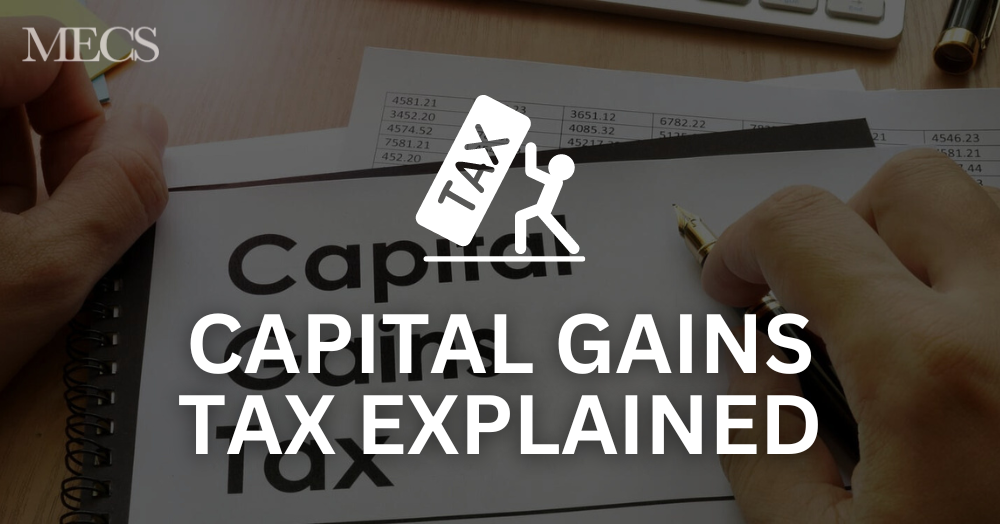It's crucial to understand the tax implications involved in selling your house. One such consideration is the Capital Gains Tax (CGT), which applies to the profit you make when selling a property.
What is Capital Gains Tax?
Capital Gains Tax is a tax levied on the profit made from the sale of an asset, such as property, stocks, or shares. In the UK, when you sell a property that is not your main residence, you may be liable to pay CGT on the gain you've made.
Calculating Capital Gains Tax:
To calculate the CGT, you need to determine the gain you've made from selling the property. This is done by deducting the property's "costs of acquisition" and "allowable expenses" from the sale price.
The "costs of acquisition" include the original purchase price, legal fees, and stamp duty. "Allowable expenses" can include costs such as estate agent fees, solicitor fees, and improvement costs. It's important to keep proper records of these expenses to accurately calculate your CGT liability.
Capital Gains Tax Allowances and Rates:
As of the current tax year (2023-2024), individuals have a CGT tax-free allowance, known as the Annual Exempt Amount. This amount is the threshold up to which you won't have to pay any CGT. Any gains made beyond this threshold will be subject to tax.
For the tax year 2023-2024, the Annual Exempt Amount for individuals is £6,000. For married couples or civil partners who jointly own the property, they each have their own allowance, effectively doubling the tax-free amount.
The rate at which CGT is charged depends on your total taxable income and the type of property being sold. Individuals typically fall into one of two categories: basic rate taxpayers and higher or additional rate taxpayers. The current CGT rates are 18% for basic rate taxpayers and 28% for higher or additional rate taxpayers.
Principal Private Residence Relief (PPR):
If the property being sold has been your main residence throughout your ownership, you may be eligible for Principal Private Residence Relief (PPR). PPR allows you to exempt the gain made on your main residence from CGT.
However, it's important to note that if you have used any part of the property for business purposes or have rented it out, you may not qualify for full PPR relief. In such cases, the gain attributed to the non-residential portion may still be subject to CGT.
Additional Considerations:
a. Lettings Relief: If you have let out a property that was once your main residence, you may be able to claim Lettings Relief. This relief can further reduce your CGT liability.
b. Time Limits and Reporting: It's crucial to be aware of the time limits and reporting requirements for CGT. You must report and pay any CGT owed within 30 days of completing the sale.
c. Seeking Professional Advice: Tax legislation can be complex, and the rules surrounding CGT can change over time. It is advisable to consult a qualified tax advisor or accountant to ensure compliance with current regulations and maximize any available tax reliefs.
Conclusion:
Understanding Capital Gains Tax is essential when selling property in the UK. By accurately calculating your CGT liability and considering available reliefs such as Principal Private Residence Relief and Lettings Relief, you can effectively manage your tax obligations. Remember to keep proper records of all relevant costs and seek professional advice to navigate the intricacies of CGT and ensure compliance with the current tax regulations. Currently, thinking of selling your house? Get in contact with us so we can help make the process of selling your house as smooth as possible.
0121 681 6327
info@mecsproperty.co.uk

